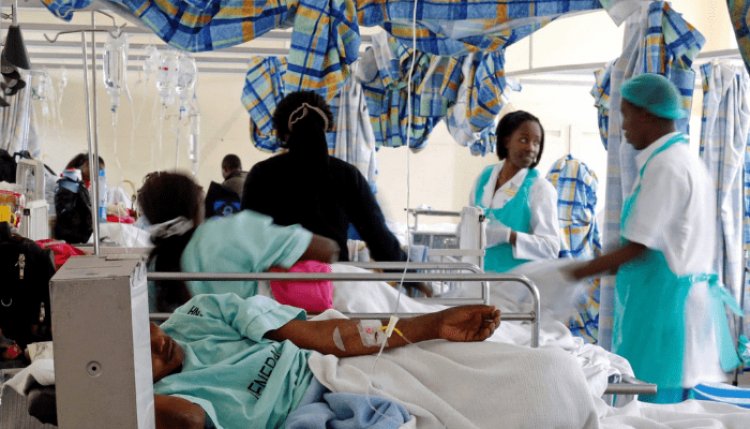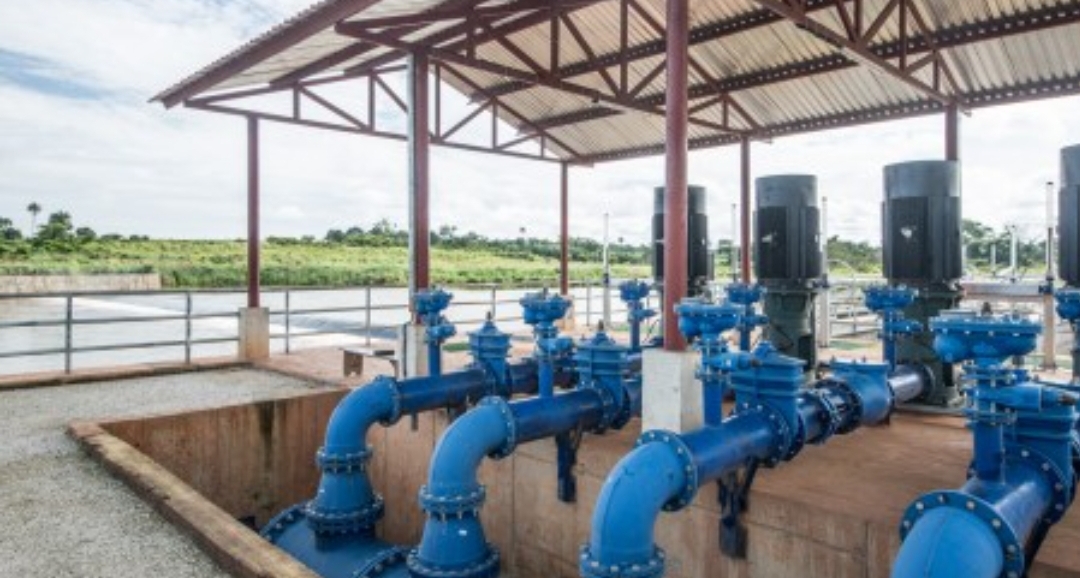Consumers in some states in the northern and the southern part of the north are yet to feel the impact of the reported downward in inflation in the month of July. So, the National Bureau of Statistics (NBS) said Borno, Sokoto and Enugu States led the country as the most expensive states to live in Nigeria. The country’s economic outlook has witnessed a harsh reality that has pushed the cost of living to an unprecedented level.
However, BUSHLINK reported that the July headline inflation fell marginally by 0.79 per cent to 33.40 per cent, accompanied by ease in food inflation by 1.34 per cent basis points to 39.53 per cent against the 40.53 per cent reported in June 2024.
This fall is the first the country has recorded since President Bola Tinubu’s assumption into power in May 2023. Analysis of the Consumer Price Index (CPI) report by BUSHLINK showed that the inflationary pressure on states was not uniform in the period under review.
This means that the state with the most expensive cost of living in April 2024, was not the state with the highest increase in the prices of goods and services. Analysis of the NBS report by BUSHLINK sheds light on the top five states with the highest surge in food inflation and their contrasting states.
According to the statistics hub, Borno state had the highest surge in food inflation by 5.07 per cent, with an all-items inflation rate of 3.84 per cent.
Sokoto and Enugu states follow for the second and third positions by 4.99 per cent and 4.17 percent respectively. On an all-item inflation rate, Sototo rose by 3.59 per cent with Enugu state by 3.76 per cent. Nasarawa state upscaled the fourth place by a 3.52 per cent increase in all item inflation and a 3.91 percent surge in the prices of food items in the period under review.
Subsequently was not left out in the battle of supremacy, by retaining the fifth spot with a record of 3.77 percent increase in food inflation and a 3.14 per cent on all item inflation. Citing the statistic hub, the surge in food inflation was lowest in Kwara, Taraba, Ondo, Adamawa and Rivers state by (0.51; 0.56; 0.68; 0.79 and 1.09 per cent respectively.












